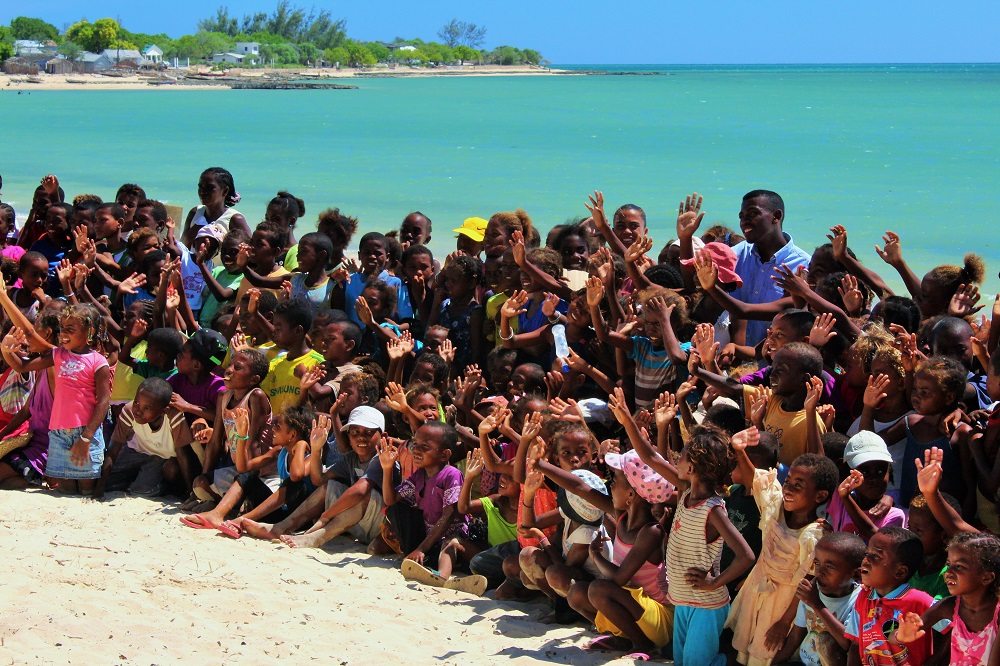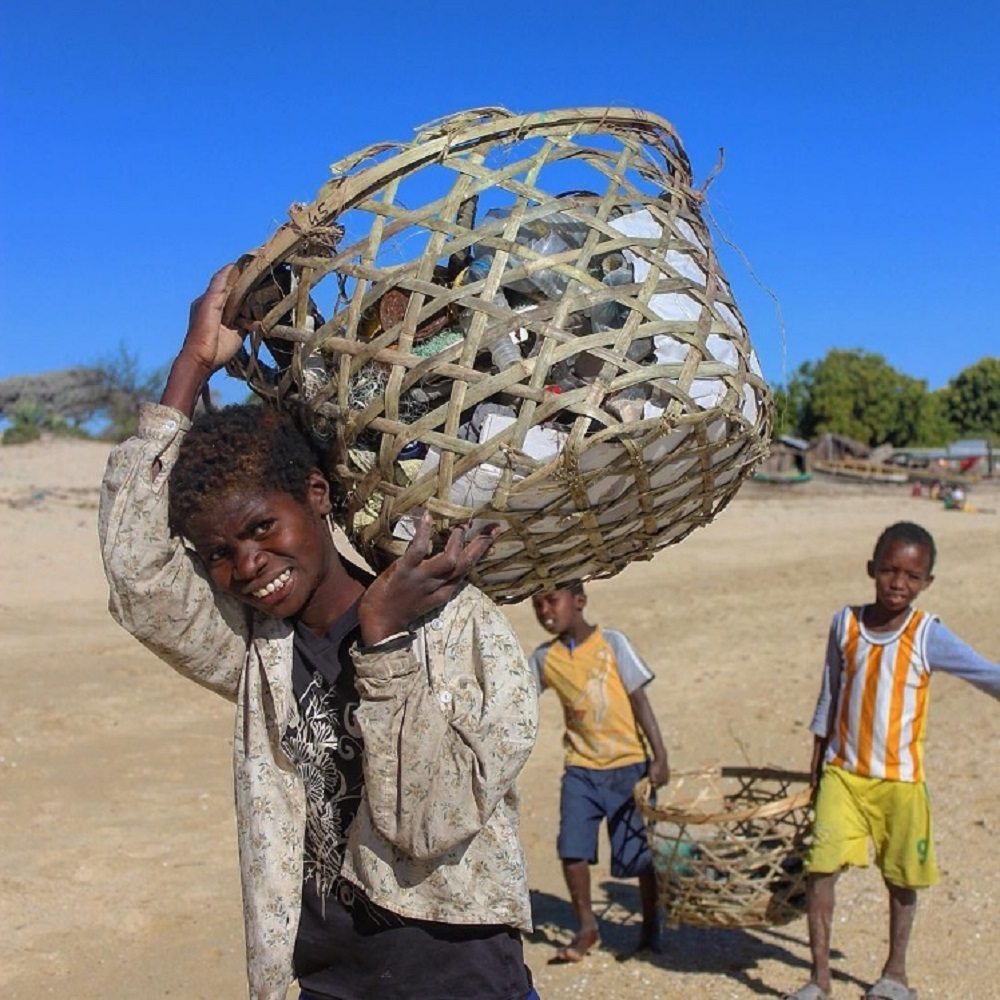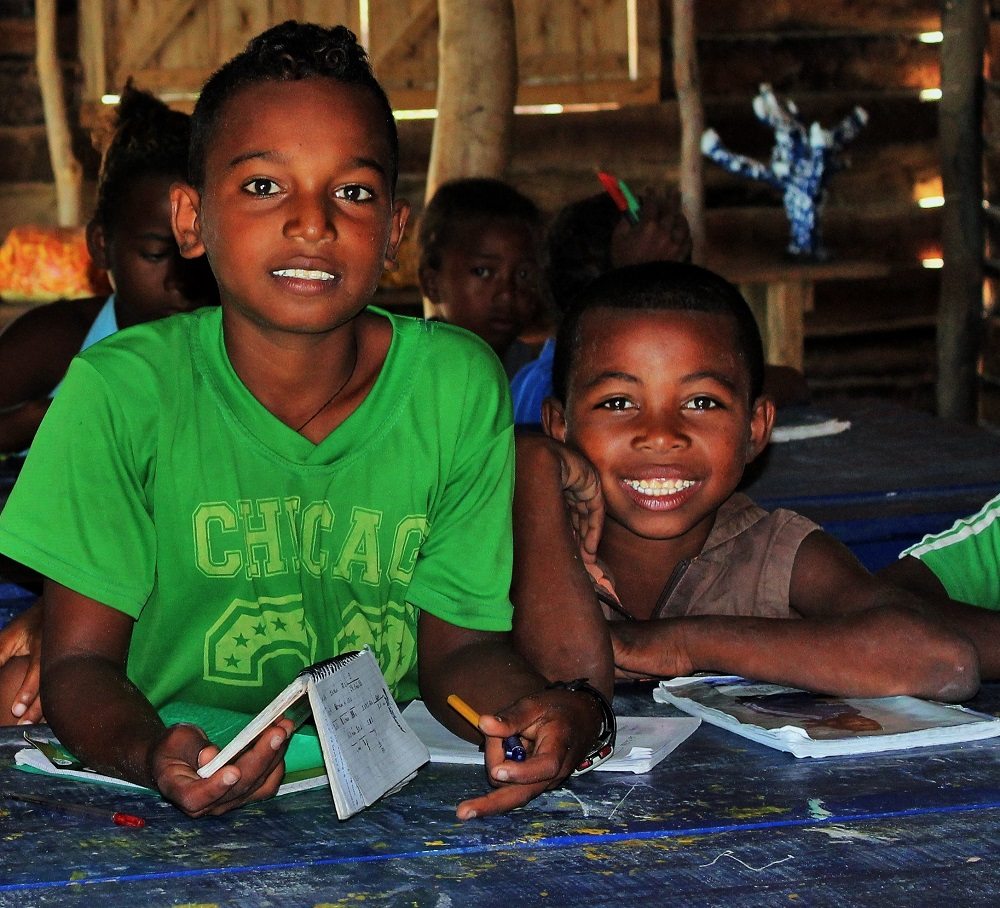Our goal is to educate, engage, and inspire future generations in conservation
Environmental education forms the essential foundation in the implementation of sustainable resource management and conservation. Unfortunately, state education standards and facilitates are poor; most ‘learning’ in Ifaty’s public primary school (which provides education for 800+ children in only three classrooms) is simply copying what is written on the blackboard. We have therefore implemented various interactive and engaging curricular and extra-circular initiatives for local children over the last decade. Teaching children about the environment and sustainability will help to prepare them for the time when they are making the decisions in their community. Our goal is to educate, engage, and inspire future generations in conservation, so that as they grow into adults they will use their knowledge of how to care for the environment and sustainable living to teach following generations.

Prior to 2004, marine science was not taught in the local schools. We therefore worked with Ifaty’s school director and the Ministry of Education in Toliara to introduce a marine science component to the school curriculum. This led to the creation of specific marine curriculum for all schools in the Bay of Ranobe. In 2006, in collaboration with the Ministry of Education, and after training 34 teachers, this curriculum was implemented into seven public primary schools in the Bay of Ranobe, teaching 900 children about their local marine environment. The organisation Project d’Appui aux Communates des Pecheurs started overseeing this project in 2012 to implement our marine curriculum on a wider regional scale.
We have also been running ‘Kids Club’ since 2003. This is a weekly event held at our special community education classroom for the school children of Ifaty. With the help of Reef Doctor volunteers and interns, these fun and interactive sessions aim to educate children on various environmental topics and get them involved in conservation activities such as regular beach cleans. In 2017, we also initiated pre-school sessions, to engage younger age groups and to help prepare them for school.



